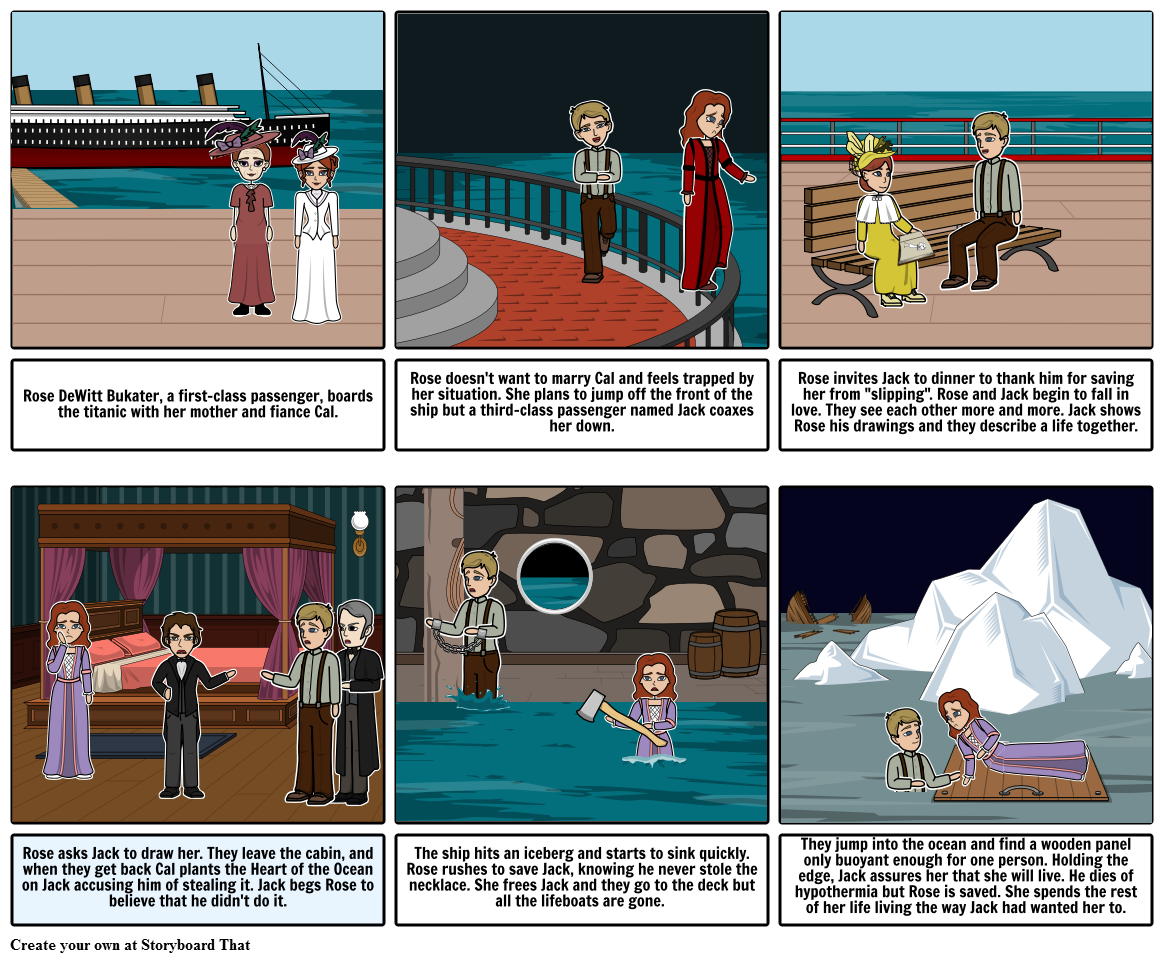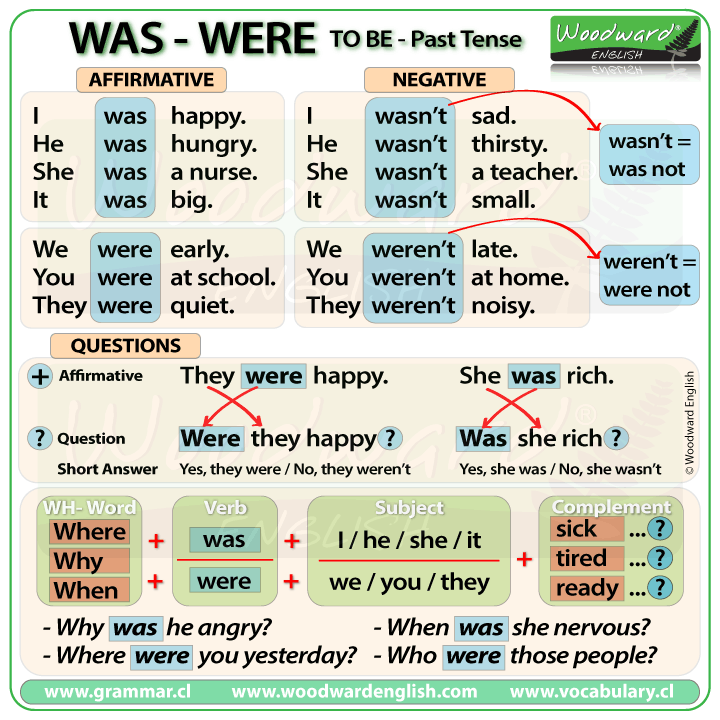What are they doing? (writing), una ficha interactiva de victor
liveworksheets.com
liveworksheets.com
Present Simple vs Present Continuous, una ficha interactiva de jecika
liveworksheets.com
liveworksheets.com

There
|
+
|
verbo to be
| + complemento |
There
|
+
|
was
|
a book.
|
There
|
+
|
verbo to be
| + complemento |
There
|
+
|
were
|
some books.
|
There
|
+
|
verbo to be
| + | not | + complemento |
There
|
+
|
was
|
+
|
not
| a book. |
There
|
+
|
verbo to be
| + | not | + complemento |
There
|
+
|
were
|
+
|
not
| any books. |
verbo to be
|
+
|
there
| + complemento |
Was
|
+
|
there
|
a book?
|
verbo to be
|
+
|
there
| + complemento |
Were
|
+
|
there
|
any books?
|
| Subject | To Be | Examples |
|---|---|---|
| I | was | I was tired this morning. |
| You | were | You were very good. |
| He | was | He was the best in his class. |
| She | was | She was late for work. |
| It | was | It was a sunny day. |
| We | were | We were at home. |
| You | were | You were on holiday. |
| They | were | They were happy with their test results. |
| Subject | To Be | Examples |
|---|---|---|
| I | was not | I was not tired this morning. |
| You | were not | You were not crazy. |
| He | was not | He was not married. |
| She | was not | She was not famous. |
| It | was not | It was not hot yesterday. |
| We | were not | We were not invited. |
| You | were not | You were not at the party. |
| They | were not | They were not friends. |
| I was not tired this morning. | OR | I wasn't tired this morning. |
| You were not crazy. | OR | You weren't crazy. |
| He was not married. | OR | He wasn't married. |
| She was not famous. | OR | She wasn't famous. |
| It was not hot yesterday. | OR | It wasn't hot yesterday. |
| We were not invited. | OR | We weren't invited. |
| You were not at the party. | OR | You weren't at the party. |
| They were not friends. | OR | They weren't friends. |
| Affirmative | You | were | happy. |
|---|---|---|---|
| Subject | Verb | ||
| Question | Were | you | happy? |
| Verb | Subject | ||
| Affirmative | Question |
|---|---|
| I was late | Was I late? |
| You were sick. | Were you sick? |
| He was surprised. | Was he surprised? |
| She was from Italy. | Was she from Italy? |
| It was a big house. | Was it a big house? |
| We were ready. | Were we ready? |
| You were early. | Were you early? |
| They were busy. | Were they busy? |
| Question | Short Answers** | Short Answers |
|---|---|---|
| Was I late? | Yes, you were. | No, you weren't. |
| Were you sick? | Yes, I was. | No, I wasn't. |
| Was he surprised? | Yes, he was. | No, he wasn't. |
| Was she from Italy? | Yes, she was. | No, she wasn't. |
| Was it a big house? | Yes, it was. | No, it wasn't. |
| Were we ready? | Yes, we were. | No, we weren't. |
| Were you early? | Yes, we were. | No, we weren't. |
| Were they busy? | Yes, they were. | No, they weren't. |


I have got a car. (tengo un coche)I have a car. (tengo un coche)
I will have a cup of tea. (tomaré una taza de té)I will have got a cup of tea.(esta frase sería incorrecta)
Con have : Do/does + sujeto + have + predicado + ?Do you have a car? (¿tienes un coche?)Con have got: Have/has+ sujeto + got + predicado + ?Have you got a car? (¿tienes un coche?)
Con have got: Sujeto + have/has + not + got + predicadoI haven’t got a car. (no tengo un coche)Con have: Sujeto + do/does + not + have + predicadoI don’t have a car. (no tengo un coche)